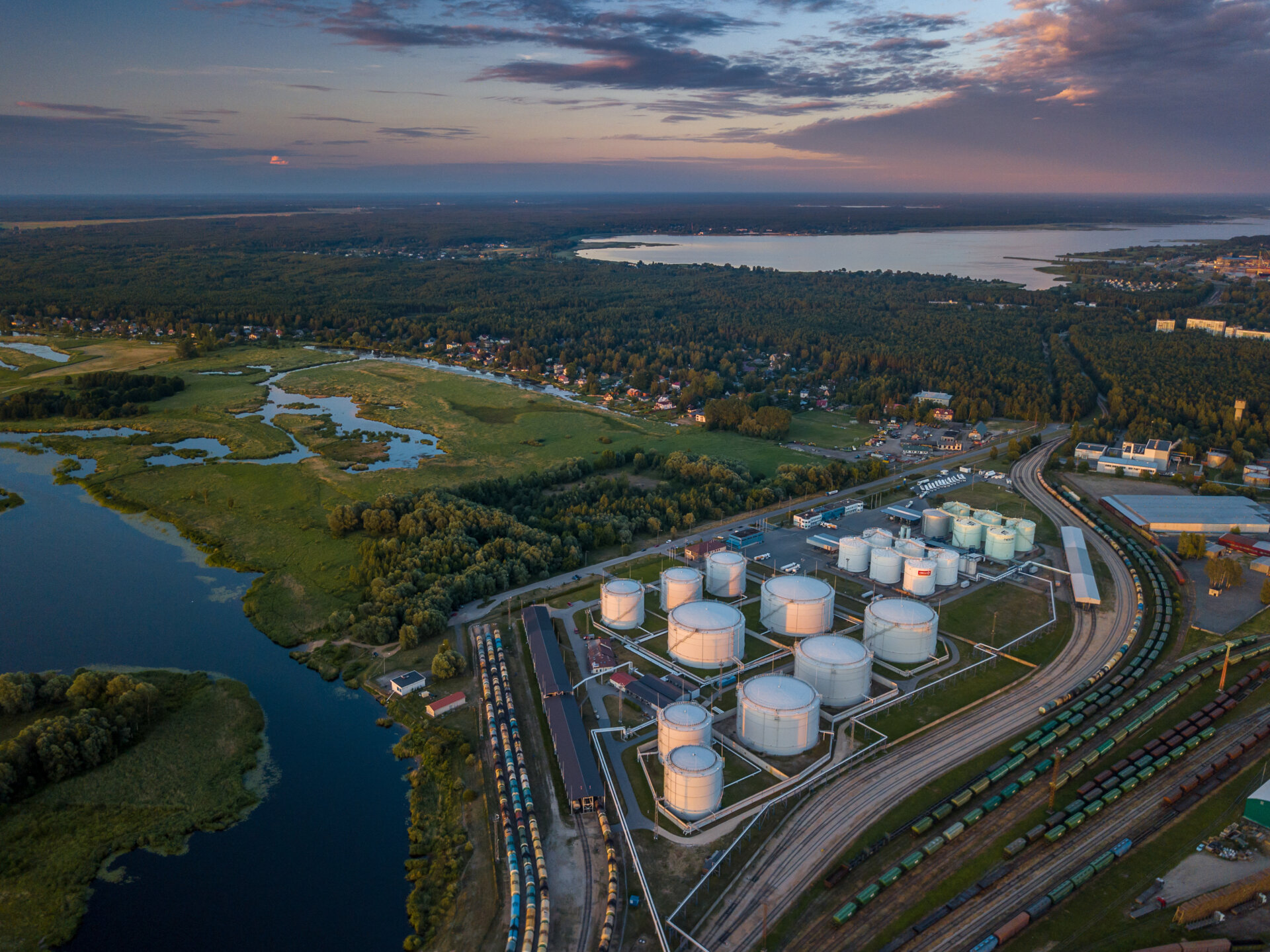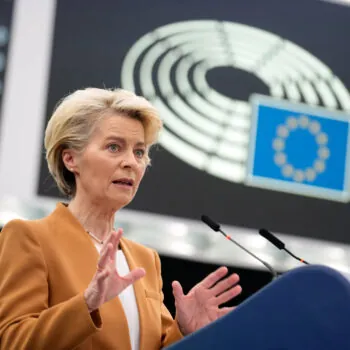Europe has been in the “eye of the energy storm”. The disproportionate reliance on Russian fossil fuels, in particular gas, has proven to be a major miscalculation and a security risk – for the EU and for the world. EU must now urgently rethink its energy diplomacy, as its ability to alleviate the global energy crisis will be a major determinant of its geopolitical and economic resilience.
Domestically, Europe has shown resolve and speed in adjusting its energy policy towards accelerated decarbonisation in the medium to long term. At the same time, its focus on the dash for non-Russian gas as a short-term priority has had profound and long-lasting effects on the global gas markets. Europe’s liquified natural gas (LNG) imports grew 65% compared to the first eight months of 2021 driving up global LNG prices and pricing many developing gas importers out of the market. The results are sobering: recurring, and growing-in-scale power cuts, developing into country-wide blackouts; surging share of fuel oil and coal use in power generation; state budgets depleted by fuel and electricity price subsidies and mounting social unrest over the rising energy prices. In fact, the worst effects of this energy crisis, which the EU aims to prevent from happening at home, are hitting its partners in the Global South.
Unlike the EU, its partners from the Global South do not have enough fiscal, technical and human resources to accelerate their transition away from fossil fuel imports including gas at a comparable speed. This inability risks undermining both their energy transformation pathways and their trust in the EU as a global partner in the energy transition. Furthermore, these countries’ scramble for every cubic meter of LNG they can afford and for other fossil fuels to replace their gas demand will keep the global gas, coal and oil markets tight, and prices and supply – volatile, fuelling social and geopolitical tensions in and around Europe.
As COP27 is drawing nearer and the EU’s unbalanced response to the global energy crisis will be in focus, it is time to pick up the global act. To do this, the EU’s energy diplomacy needs to move away from the sole focus on securing the EU’s own gas supplies and towards supporting its partners in decoupling their economic models from gas.
Certainly, there are few “quick fixes” the EU can offer to the world to address the crisis that has been slumbering for decades. The challenge is of a systemic nature and so must be the solution. The good news is that, if ramped up quickly, the partnerships on reducing gas demand can deliver noticeable and positive results within the next couple of years already. Among the immediate measures the EU should consider are:
- Ramp up efforts to communicate the EU’s trajectory to a clean energy system to external partners and ensure the communication efforts are coordinated and coherent across member states. Clarify that a short-lived extension of coal use does not change the plans to phase out coal and highlight the efforts to reduce domestic gas demand and the EU’s overall dependency on fossil fuel imports. Clear and transparent messages regarding the future of the EU’s gas demand (bound to shrink by 30% until 2030) are essential to inform the investors’ behaviour and planning of gas producers hoping to cash in on the European market in the long term.
- Rally key LNG importing countries (both from Global North and South) to build an Alliance of gas consumers to introduce common emergency support measures as well as coordinate and mutually support actions towards domestic gas demand reduction. Furthermore, such an Alliance could use the buyers’ leverage to put pressure on the producing countries to double down on methane emissions reduction in gas and oil up- and mid-stream, and reduce methane flaring, to release additional gas into the global markets.
- Examine existing bilateral and multilateral clean energy and energy efficiency partnerships for their potential to support the reduction of partners’ gas import dependency and gas demand in the medium term. By 2025, scaling economy-wide investment in energy efficiency could reduce global gas demand by 210bcm. Accelerating investment into renewables globally can facilitate a gas demand reduction of 105bcm by 2025. The EU needs to level up its clean energy diplomacy in the follow-up to the External Energy Strategy and Global Gateway announcements.
- Boost partnerships on sustainable fertilizer production with major producers (China, India, US, Egypt, Indonesia, Nigeria) to reduce the global nitrogen demand while ensuring continued supply of fertilizers to the global food industry.



